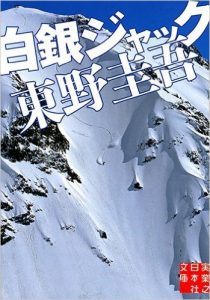If you are learning Japanese, you may wonder what it takes to be able to read a book in Japanese. Since you’re reading this, you already know how to read English. It may seem like the quickest path to Japanese reading fluency would be to find the English equivalent for each word and expression, then let your brain process the English. Very straightforward.
I have seen a couple examples of this approach for learning a second language. When I was a college student, I had the opportunity to be a home tutor for a Japanese high school student, helping him with his English homework. I was surprised to see that one of his objectives was to precisely and rigorously translate English sentences into Japanese. The resulting Japanese was not natural, but he was being taught to use those sentences as an intermediary when trying to understand English. Although challenging, it didn’t seem to me like he would get very far if his objective was to truly understand English. Even if he could understand written English using this method, he would be left behind, brain filled with Japanese, in any kind of English conversation.
Continue reading “Do I Need to Translate to Read Japanese Novels?”








